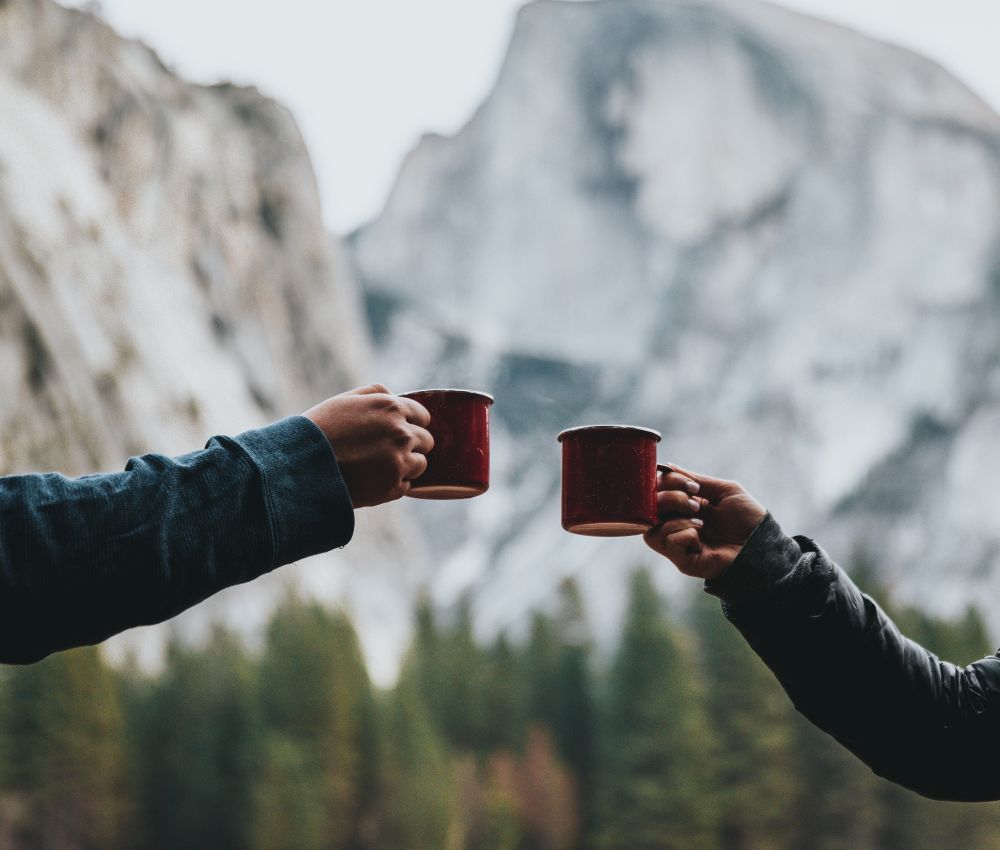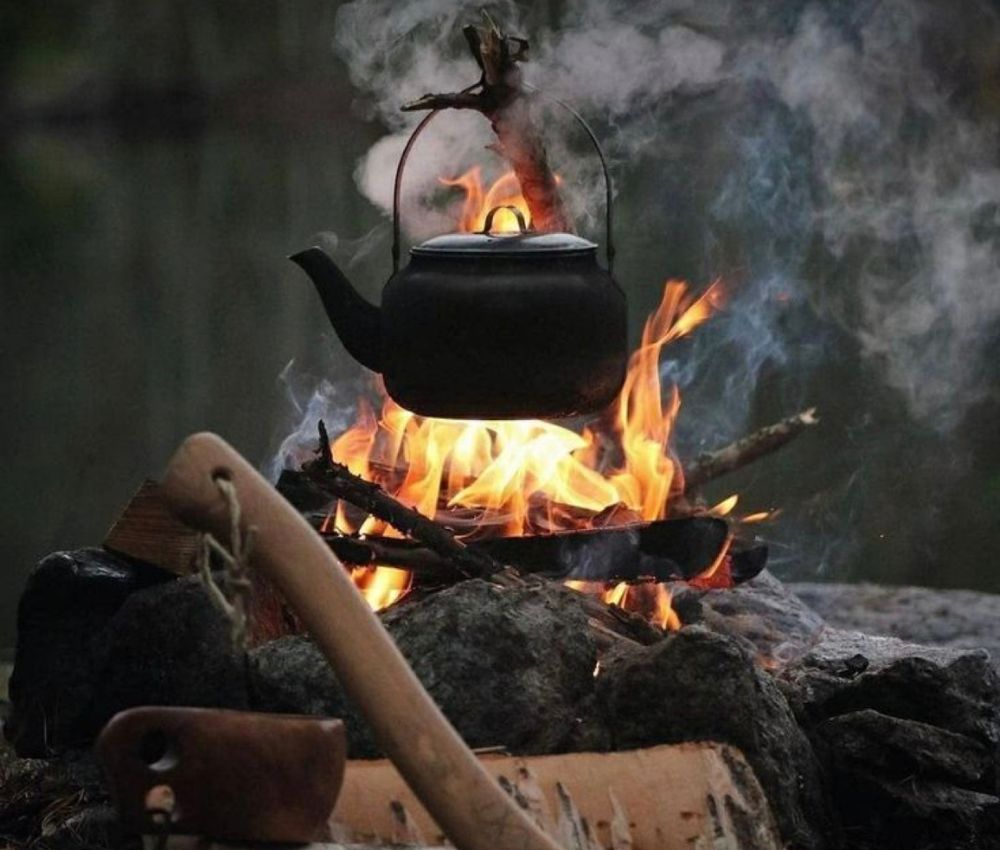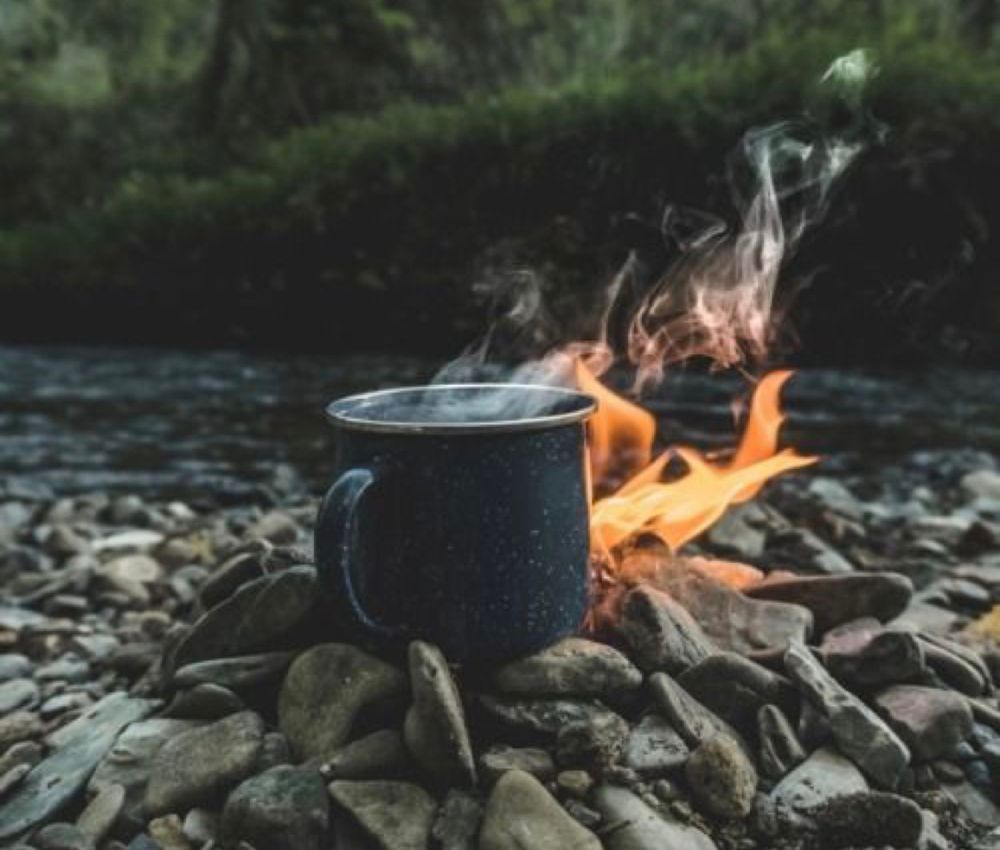From Heat Islands to Mutual Ways

Mōrena everyone, welcome to another cuppa with our 100,000 Cups of Tea community. Last week we heard from a visitor who is currently finishing their PHD in the area of understanding environmental racism; “looks at the impact of environmental racial racism, rationalization and its impact on ethnic communities…looking at how different ethnic groups experience the environment, or might have to deal with environmental risk, like air pollution, noise pollution…and housing”. This topic intrigued the group who were more than happy to sit back, listen and participate by asking questions and making connections.
Environmental Heat Islands
The conversation first focused on an aspect called heat islands, where the effects of urban gentrification e.g. removing green spaces in communities to build housing directly impacts the community who live there. As they explained: “essentially, the way heat islands work, for example West Auckland has little tree coverage, South Auckland has little tree coverage. But what's in there in its place? You have cement, you have concrete, you have steel, all of those things absorb heat…and we're not talking a small difference of maybe one to two degrees in temperature…it could be upwards of 10 degrees”. Their study considers alternative materials to concrete as one example, “from the building sector side of it, I'm now looking at products and better technology that'll lessen the absorption of heat, as well as looking at the Justice social side of it…we talk about green buildings. Where are they located? For example, are they located in the communities that need them the most?”.
In response, someone posed a question looking for where the wicked-problem might be, “are you finding there's a constant clash...between political, economic, social, sort of areas, do they keep colliding with each other, and you have to find the pathway through them?”.
The response revealed where the bias may lay; “They are perpetually fighting..and a lot of it has to do with ideology..a lot of it has to do with bias, especially when you start talking about racial, and socioeconomic issues, because of the narratives people will say about certain groups of people, right?”. They added, “it is a consistent battle and it's about speaking in a way that makes it relevant to everyone, because it is relevant to everyone”.
How Does Losing Green Space Impact the Community?
The conversation moved towards the topic of how losing green spaces in a community can have a ripple effect not only on the people but also the environment. An example was used of a suburb in West Auckland, where an iconic and large piece of land is said to be developed soon.
They explained, “when you lose a park, I'll use [West Auckland suburb] as an example, the Avondale race course, that race course isn't just a race course…it's a place where you have the markets. That's a form of social cohesion and connection. You take that away, you're taking a part of the community away. You're taking away the identity, but also the meaning that we place on communities in space’. This real example hit-home for a few of our cuppa guests who are Westies (live in the area of Wet Auckland). They explained the environmental impacts this loss of green space will have and shared, “They lose an important sponge during flooding. Now you have more cars. Now you have all these other things”.
Our Walk Together kaimahi reflected on the example that was shared, “I was deeply invested in all of that and just connecting all of the worlds…to resolve some of the wicked problems that get in the way, because we can do that… that's where we think Walk Together exists to be the bridge or the facilitators… between those interplays that you describe.”
Climate Change - Impact Disparities
Another topic that flowed into our kōrero was climate change. Our visitor continued to share with the group, “climate change is considered the great multiplier. So whatever injustices or issues you have, climate change is going to multiply it. So if you have health inequalities, climate change is going to make it worse…and that's the point I think people are missing, is that whatever issues you haven't solved, it's just going to make things worse”. Our group was intrigued by this comment, as one participant shared “that’s quite scary to think of climate change that way.”
Thinking about the bigger picture, the system of how things come about was highlighted with an example of the electric cars and the less known environmental impacts as they shared, “they were talking about, you know, electric cars…and I'm like…do you know where you get the cobalt from? People talk about sustainability and moving forward, but there's no justice in it, because your advancement is on the backs of other people who will never see those benefits. They will never see those benefits, but they're working hard so that you have those benefits. Those are like people you're sacrificing.” It was a reminder of where collaborative and culturally responsive systemic change is important, so that we can consider how economic drivers and human impact might form a symbiotic relationship, one that does not harm people in the process.”
Walk Together Tools and Frameworks - Bridging the Gaps
There was an opportunity to share the passion Walk Together has in these situations the topic focused on. One of our Walk Together team reflected: “I'm thinking about intergenerational effects… it goes into those wicked problem areas…in my mind's eye, what would a Mutual Ways framework [a Walk Together Tool] look like? You have community voices, then you have developers, and external consultants. This was asking the question, ‘what would it look like to work together between these worlds, and how could you get them to a point where economic development and community wellbeing were both considered just as important as each other’.
The Walk Together Mutual Ways framework is used through Intercultural Facilitation where groups with competing values for example, are supported to find mutual or common ways to move forward in an equitable manner. The Naïve Inquirer role, when used in a tandem process with Mutual Ways, enables the Intercultural Facilitator to ask questions that draw out information and clear a path for the group to generate their own equitable solutions.
This cuppa session was one full of new learnings, concepts and important ideas that will likely be simmering away til our next cuppa together as we have had in previous cuppa sessions. We invite you to continue the conversation in our Circle community here.
Ngā mihi - thank you to our generous cuppa guest who shared their knowledge around environmental racism. Our group thoroughly appreciated these insights. Please feel free to join us for another worthwhile discussion every Friday at 11am. Register here.

